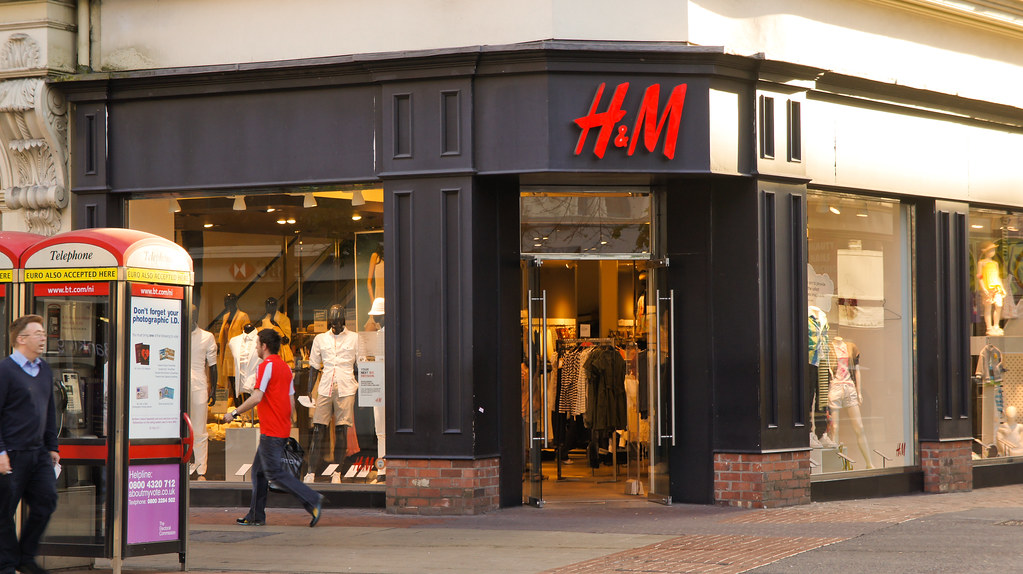When you hear the name Matilda Djerf, a whole host of things spring to mind: her dreamy 90s-style blowout and trademark curtain bangs, her adorable puppy, her pared-back classy Scandinavian style, and, undoubtedly, her thriving brand Djerf Avenue.
Over the past few years, Swedish influencer and ‘it-girl’ Matilda Djerf has built a name for herself creating online content showcasing her elegant Scandi-girl style that has dominated Pinterest boards across the globe. From white button downs, to hair bows, to tailored trousers and slip dresses, Djerf has carefully curated a style and influence that she has shoehorned into her eponymous ready-to-wear fashion label, Djerf Avenue, established in 2019 alongside her boyfriend Rasmus Johansson.
An overnight success, in its first year Djerf Avenue totalled a revenue of $1.8 million. By 2022, the brand’s revenue had reached $34.5 million, and this year Djerf was listed on Forbes 30 under 30 in the European Retail & Ecommerce category. Focusing on inclusivity, the brand has also been applauded for showcasing disabled and plus-size models and its commitment to never retouching photos.
Nevertheless, whilst it might appear that Djerf is on the up and up, in the past few weeks her online image has taken a hit. The brand and Djerf herself have been heavily critiqued for sending trademark warnings and copyright-strikes to smaller creators posting dupes of Djerf Avenue pieces. One Tiktok creator, Aliya Sumar, posted a video showing that she had received trademark warnings against two of her previous videos, in which she discusses items she had found on Amazon similar to those sold by Djerf Avenue. This cautioning came in spite of the fact that Sumar at no point referred to her Amazon finds as dupes for Djerf Avenue’s products, and informed her audience that the Amazon alternatives were not of equivalent quality. On their Instagram story and Tiktok, Djerf Avenue acknowledged that there had been a recent “surge” in websites selling similar products and they wished to crack down on potential copyright infringements.
When the premise of the brand rests on the concept of ‘elevated basics’, and a simple, clean-girl style that can be found being marketed by countless other brands and influencers, many have questioned Djerf’s right to penalise smaller creators for simply wishing to achieve the same aesthetic at a lower price tag. For a woman that has created a media and fashion empire off the back of a style that predates the conception of Djerf Avenue, many have expressed disappointment in the entrepreneur’s actions. Whilst Tiktok has given rise to a huge surge in the search for cost-effective dupes from Charlotte Tilbury, Lululemon, and everywhere else in between, it is no secret that dupes have existed for a long time, and that Djerf Avenue’s knockoffs are no anomaly.
Many find the price tags hard to justify when not only can Djerf’s style be found elsewhere, but the clothing is also composed predominantly of synthetic and environmentally damaging fabrics. Some social media users have thus been quick to point out that by shopping elsewhere for supposed dupes, shoppers are likely to be able to source the same aesthetic and the same quality for a fraction of the price. This latest backlash against a once-adored influencer can also be linked to a wider trend of cancelling women who achieve a certain level of success. Is the internet justified in their anger, or do we hate successful women? Nevertheless, can the beloved Matilda come back from this, or are we witnessing the end of the era of Djerf?
“Belfast – H&M” by infomatique is licensed under CC BY-SA 2.0.

